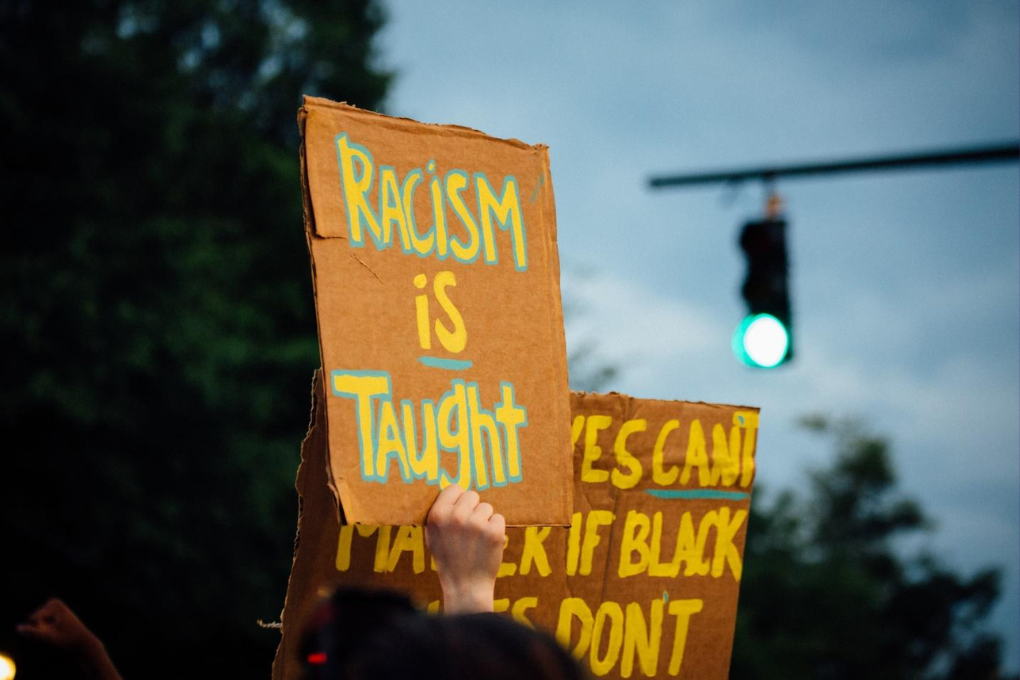Anti-Discrimination Policies for Inclusive Events
Anti-discrimination policies clarify that harassment and discrimination are not tolerated and set standards and expectations for behavior. An anti-harassment or anti-discrimination policy should describe the types of behavior that are discriminatory or harassing.
Discrimination is a widespread issue that can take many forms, including racism, sexism, homophobia, ableism, and ageism. These attitudes and behaviors can negatively impact individuals and society, leading to exclusion, marginalization, and the perpetuation of social inequalities. As such, it is essential to implement anti-discrimination policies for inclusive events that provide attendees with a safe and welcoming environment.
Anti-Discrimination Policies are Guidelines
Anti-discrimination policies are guidelines that outline the behaviours and actions that are unacceptable at an event. These policies typically prohibit discrimination based on race, ethnicity, gender identity, sexual orientation, disability status, age, and other protected characteristics. They also provide a framework for addressing and remedying discrimination at the event.
One of the primary reasons why implementing anti-discrimination policies for events is essential is that it ensures that all attendees feel safe and welcome, regardless of their background or identity. This can help build a sense of community and belonging among attendees, leading to increased engagement and participation in the event.
Prevent Discriminatory Incidents with Anti-Discrimation Policies
Moreover, anti-discrimination policies can help to prevent discriminatory incidents from occurring in the first place. By setting clear expectations for behaviour and outlining the consequences for violating them, attendees are more likely to understand expectations from them and to behave accordingly.
Attention Event Organizers
In addition, anti-discrimination policies send a message that the event organizers are committed to creating a diverse and inclusive space. This can attract a broader range of attendees and help to build a reputation for the event as a welcoming and progressive space.
When implementing anti-discrimination policies, it is essential to take into account the specific needs and concerns of different groups. For example, if the event is being held in a location that is not accessible to people with disabilities, the policy should include provisions for addressing these accessibility issues. Similarly, suppose the event is being held in a location where attendees may face discrimination or harassment, such as in a country where LGBTQ+ individuals are not protected under the law. In that case, the policy should address these concerns.
Communication is KEY!
It is also crucial to ensure that the anti-discrimination policy is communicated clearly to all attendees. This can be done through various means, such as including the procedure in the event program, posting signs with the policy information throughout the event venue, and incorporating the policy into the event’s registration and ticketing process.
Conclusion
In conclusion, implementing anti-discrimination policies for events is crucial for creating a safe, inclusive, and welcoming environment for all attendees. These policies can help prevent discrimination, build a sense of community, attract a broader range of attendees, and send a message that discrimination is unacceptable. By taking a stand against discrimination, event organizers can help to make the world a better place for everyone.
RESOURCES:
- “Diversity and Inclusion at Events: 3 Ways to Tackle Discrimination” by Samantha Hague, Eventbrite. This article discusses the importance of implementing anti-discrimination policies at events and provides practical tips. It also includes statistics and case studies demonstrating the benefits of creating a diverse and inclusive event.
- “Anti-Discrimination Policies in the Workplace and Beyond” by the Human Rights Campaign. This resource provides an overview of anti-discrimination policies and their importance in various settings, including events. It also includes information on best practices for creating and implementing these policies.
- “Creating Safe and Inclusive Events” by the Ontario Human Rights Commission. This guide provides a comprehensive overview of the steps that event organizers can take to create a safe and inclusive environment for all attendees. It includes information on anti-discrimination policies, accessibility, and communication strategies.
- “Anti-Discrimination Policy Template” by Diversity Best Practices. This resource provides a template for creating an anti-discrimination policy that can be adapted at events. It includes sections on prohibited conduct, reporting procedures, and consequences for violating the policy.
- “The Business Case for Diversity and Inclusion in Events” by Event Marketer. This article discusses the economic benefits of creating diverse and inclusive events, including increased attendance and revenue. It also highlights the importance of anti-discrimination policies in achieving these goals.
~~~
You may also enjoy reading the following blogs:
Savor the Future: How Culinary Trends Are Transforming Events















I would be interested in viewing resource 4 “Anti-Discrimnation Policy Template” how do i track that down?
Hi Whitney,
The source for this is https://www.diversitybestpractices.com/ but there website seems to be having issues. Message them on social media and I am sure they will get back to you.
Thanks for your interest in what we post. 🙂